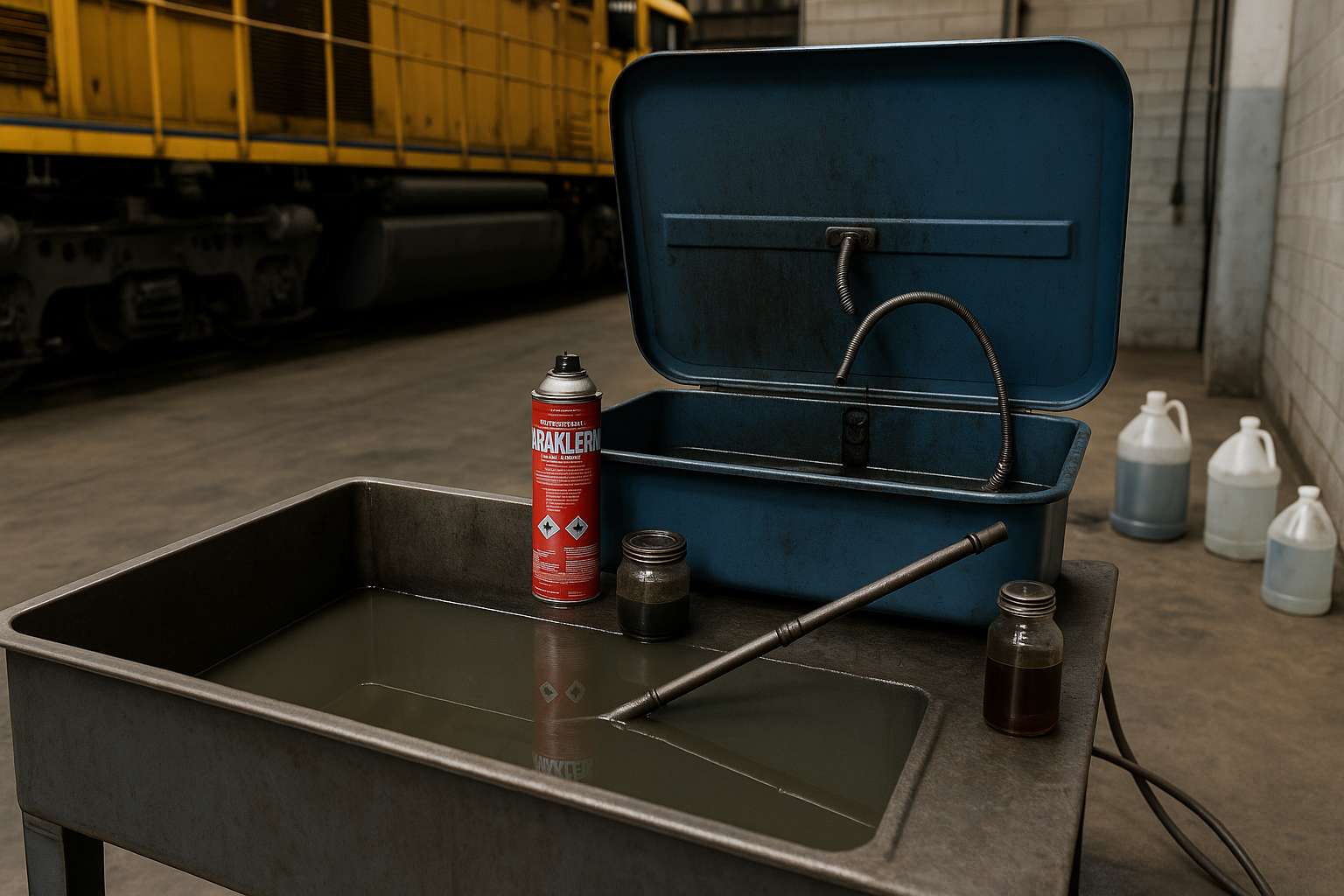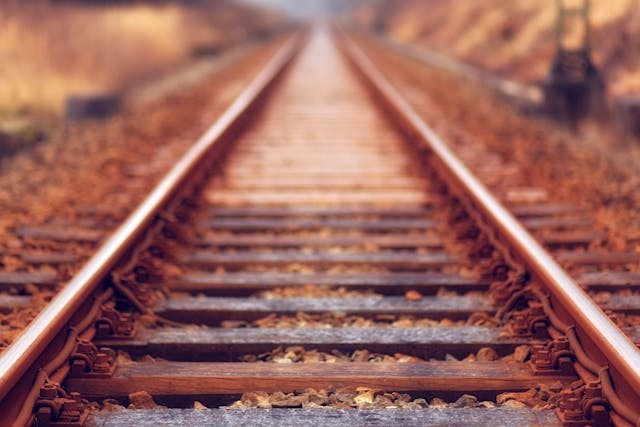
Railroad workers know how dangerous their jobs can be. One of the common ways railroad workers get seriously hurt on the job is slip, trip and fall injuries. A prior blog discussed slip and fall injuries on locomotives and the special protections provided by certain railroad safety regulations that only apply to locomotives. This blog focuses on slips, trips and falls in rail yards, rail shops and along the right of way. Most railroads have “housekeeping” policies which require that railroad work environments be free from any objects, debris or tools that could create a risk of slipping, tripping or falling. Unfortunately for workers, many times these safety rules are violated and the result can be serious injury and even death. In these situations, the Federal Employer’s Liability Act (FELA) can provide significant compensation for the injured worker and their family.
Over the last 25 plus years, our railroad injury lawyers have handled FELA lawsuits due to slip and fall injuries for:
- Diesel Repair Shop and Car Shop workers who have tripped on tools, debris, and locomotive or rail car parts left in shop walkways or work areas
- Track workers, signal workers or conductors who have tripped on overgrown vegetation along the right of way
- Machine operators who have been hurt operating vehicles and loaders after hitting objects hidden under snow in winter months
- Conductors, carmen, signalmen, and track repair workers who have tripped on debris in railroad yards or on the right or way
Each and every one of these prior FELA injury cases had one thing in common: they were all preventable if the railroads had taken safety precautions and followed their own housekeeping rules! By way of example, one major railroad has the following housekeeping rule, which requires that any “scrap along the right-of-way should be removed.” Another railroad safety rule requires that, “rail laying gangs are responsible for picking up the miscellaneous material left in the track.” Our railroad injury lawyers have extensive knowledge of the housekeeping rules in place at all the nation’s railroads which make these railroads responsible for injuries to workers when they violate their own rules.
One other common way railroad workers get hurt in slips, trips and falls is from overgrown vegetation. Again, there are safety rules that make these injuries preventable and which make railroads responsible for injuries when they chose to cut corners on safety! Railroads typically follow the recommendations of the American Railway Engineering and Maintenance Of Way Association (AREMA) which publishes various standards such as this one concerning vegetation (pay special attention to the bolded language which is added to highlight our point):
“4.2.4 Vegetation
The control of vegetation has more than just esthetic consideration along the right-of-way.Vegetation, which chokes tracks, ditches, and other facilities soon creates sizable
drainage and track maintenance problems, and can also result in safety hazards for
personnel in executing their duties. Hazards, which are covered by weeds, cannot be
readily seen and may become a tripping hazard. Brush covered signs and derails
cannot be observed and may contribute to an accident. Inspections cannot be
performed adequately when excessive vegetation is present.Vegetation control is an ongoing process. It never ends. It is an annual budget item
that should have a high priority. A track, free of excess vegetation, is much easier to
maintain.Vegetation must be controlled so that it does not:
Grow within the ballast section or obstruct ballast drainage…
Prevent proper track inspections…
Interfere with railway personnel performing normal track duties.”
The important thing to remember for railroad workers who have been seriously injured in slips, trips and falls is that compensation is available. Lost wages, medical expenses, and money for pain and suffering must be paid by the railroad whenever they violate the FELA by failing to provide a safe place to work. When the railroad violates its very own housekeeping policy, or that of a national organization such as AREMA, the railroad can be liable to the worker. The fact that railroad workers are now required to work faster and with less help due to the “profits over people” mentality of the railroads and Precision Scheduled Railroading make an already dangerous job and an ultra-hazardous one!
If you or a family member has been seriously injured in a railroad slip, trip or fall, call the railroad injury lawyers at Doran & Murphy at 1-800-374-2144 or contact us here. We have the knowledge and experience of successfully handling these types of cases for over 25 years.




